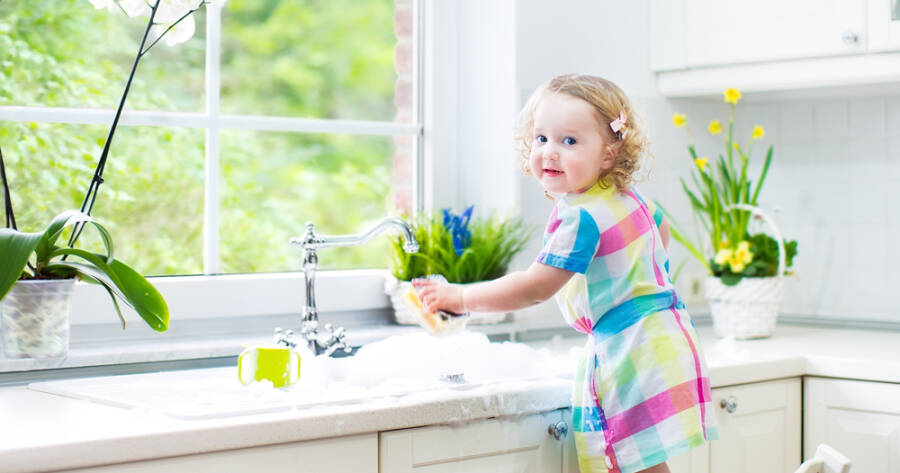Household chores may seem like simple tasks, but they play a big role in teaching kids responsibility. When children help around the house, they learn important life skills that prepare them for adulthood. From managing time to working as a team, chores build valuable habits that last a lifetime. While kids may not always enjoy doing chores, the lessons they learn will help them become more capable and independent.
Building Responsibility Through Daily Tasks
Chores help kids understand that their actions have an impact. When they are responsible for making their bed, setting the table, or feeding a pet, they see how their contributions affect the household. Completing tasks on time teaches accountability, and kids begin to understand the importance of following through on commitments.
When parents assign chores, it helps children develop a sense of duty. Even small tasks, like wiping the table after dinner, show kids that they have a role in keeping the home organized. Over time, this responsibility builds confidence. Kids learn that they can handle tasks on their own, which helps them grow into dependable adults.
Teaching Essential Life Skills
Daily chores teach kids basic life skills they will use throughout their lives. Cooking, cleaning, and laundry are necessary for independent living, and learning these skills early makes the transition to adulthood easier. A child who knows how to prepare simple meals or wash their clothes will feel more prepared when they leave home.
Chores also teach organization and time management. Kids who are responsible for completing tasks on a schedule learn how to plan their time effectively. Balancing school, chores, and play helps them develop routines, making it easier to manage responsibilities later in life.
Encouraging Teamwork and Cooperation
A home runs smoothly when everyone works together. Chores teach kids the importance of teamwork by showing them that family members rely on each other. When siblings share tasks or parents work alongside their children, it reinforces the idea that cooperation makes work easier.
Doing chores together also strengthens family bonds. A child who helps cook dinner with a parent not only learns an important skill but also enjoys quality time together. When chores become a shared responsibility, kids feel included and appreciated rather than feeling like they are being forced to work.
Developing a Strong Work Ethic
Chores help children understand that effort leads to results. Whether they are mowing the lawn, washing dishes, or organizing their room, they learn that hard work pays off. Seeing the house clean and organized gives kids a sense of accomplishment.
A strong work ethic developed through chores carries over into school and future jobs. Kids who are used to completing tasks without being reminded are more likely to take responsibility in other areas of life. They learn to push through challenges and take pride in their work, which helps them succeed in academics and careers.
Making Chores a Positive Experience
Many kids resist doing chores, but parents can make them more enjoyable. Turning chores into a game, setting a timer, or playing music can make tasks feel less like work. Parents can also offer praise or small rewards to motivate children. When kids see chores as a normal part of life rather than a punishment, they are more likely to develop good habits.
It also helps to give children some choice in their responsibilities. Letting them pick between vacuuming or dusting, for example, gives them a sense of control. Assigning age-appropriate chores ensures that tasks are manageable and helps children feel successful rather than frustrated.
Lessons That Last a Lifetime
Household chores do more than keep a home clean—they teach kids responsibility, life skills, and teamwork. By helping with daily tasks, children learn valuable lessons that prepare them for the future.
While chores may seem like a small part of childhood, the habits they build create a foundation for independence and success. Parents who encourage their children to contribute to the household are giving them tools that will serve them well for years to come.

